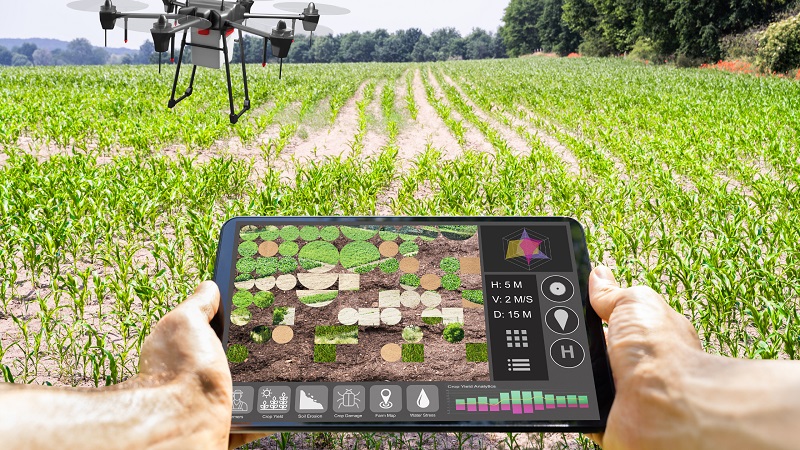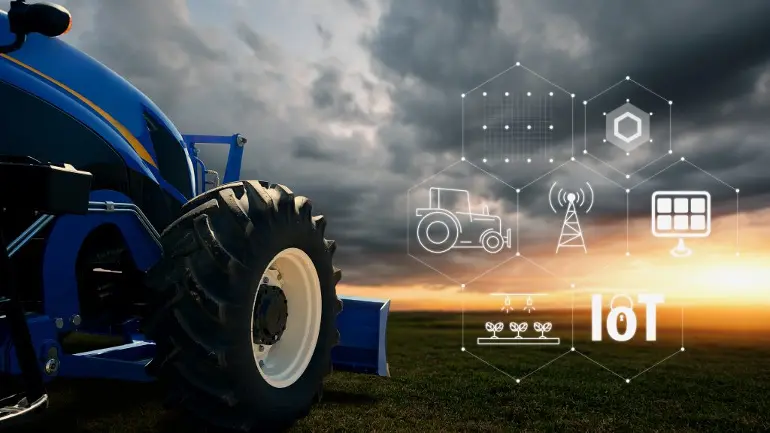Smart agriculture, driven by the integration of Internet of Things (IoT) devices and advanced digital tools, is rapidly transforming the agricultural landscape in Guyana. As farmers face challenges such as unpredictable weather patterns, limited access to resources, and labor shortages, the use of technology to optimize farming practices has become increasingly important. IoT devices, remote sensors, drones, and smart irrigation systems are helping local farmers make data-driven decisions, leading to higher productivity, reduced waste, and improved crop yields.
Farmers in Guyana are increasingly adopting IoT-enabled devices to monitor soil conditions, humidity levels, and crop health in real-time. These devices provide critical insights that allow farmers to apply water, fertilizers, and pesticides more efficiently, minimizing resource usage while maximizing crop growth. For instance, smart irrigation systems, which use data from soil moisture sensors, can automatically adjust water levels based on real-time conditions, ensuring optimal hydration for crops and reducing water wastage.

The precision farming approach is revolutionizing traditional methods by allowing farmers to increase yields without expanding farmland. Smart agriculture tools are empowering farmers to make informed decisions that enhance productivity. By utilizing real-time data, farmers can better respond to changing conditions and improve the quality and quantity of their produce.
In addition to IoT devices, agricultural management software plays a crucial role in modernizing farm operations. Keen360, a technology solutions provider, offers comprehensive agricultural management software that helps farmers track inventory, manage finances, and plan harvest schedules. By integrating data from IoT devices, Keen360's platform enables farmers to visualize and analyze farm performance, facilitating efficient decision-making.

Compared to neighboring countries like Brazil, where smart agriculture technologies have been widely adopted, Guyana is still in the early stages of embracing these innovations. However, as more farmers adopt these technologies, the potential for increased food security and sustainable farming in Guyana becomes clearer. The future of agriculture in the country looks promising, as technology continues to provide tools for farmers to boost productivity and enhance the economic viability of the sector.